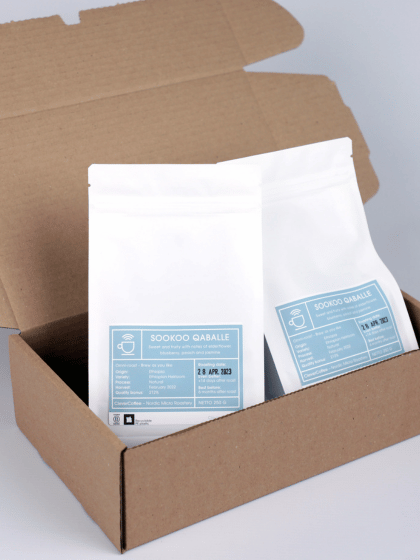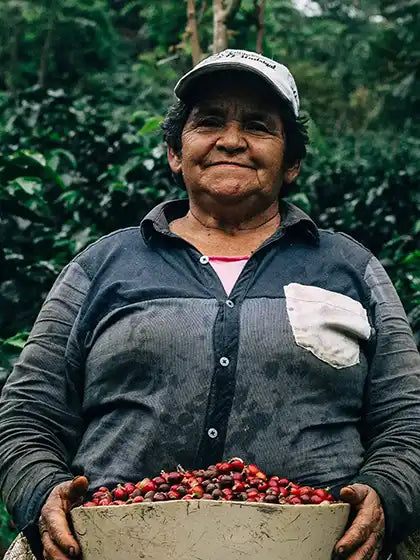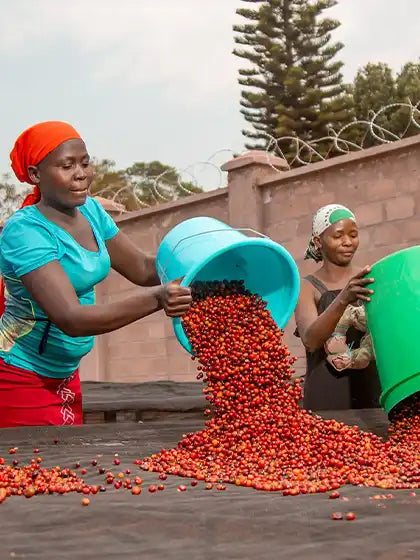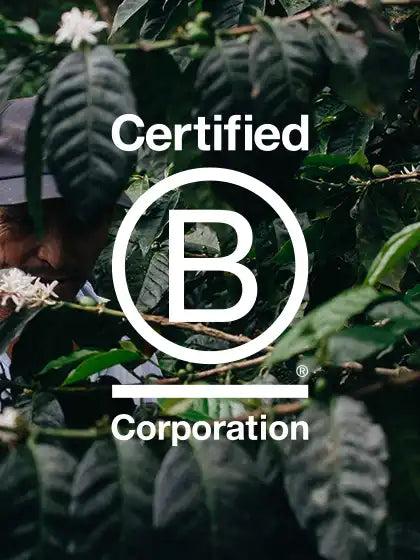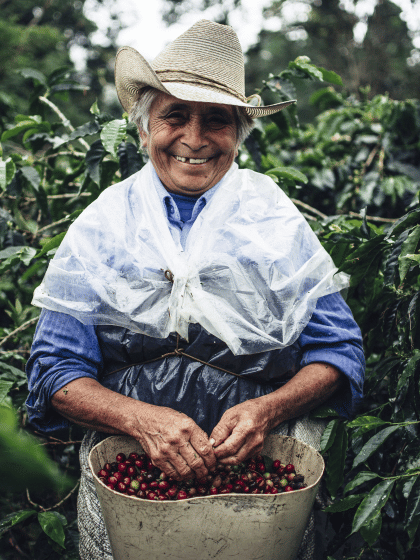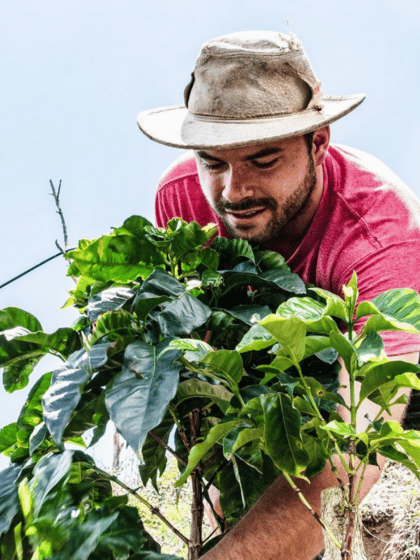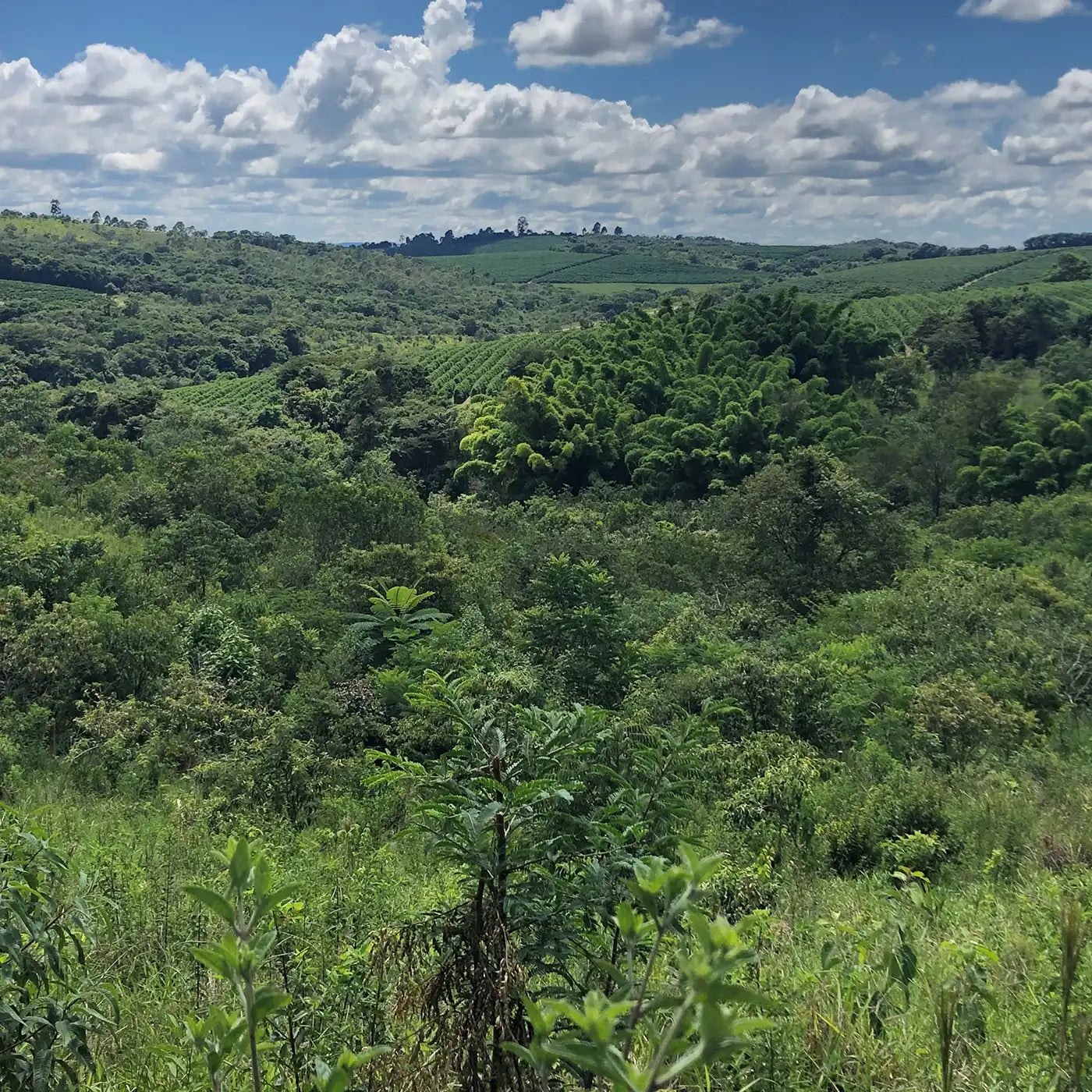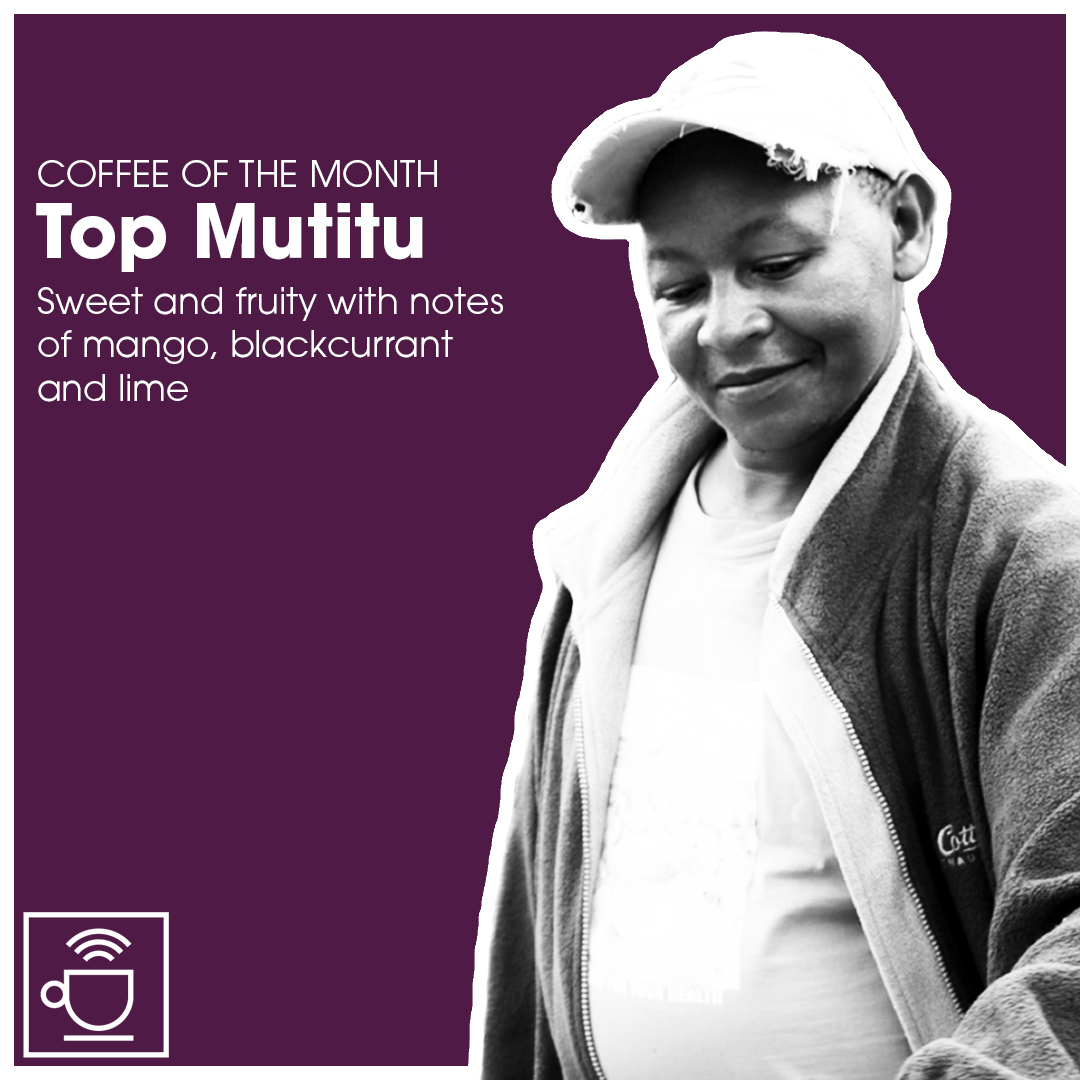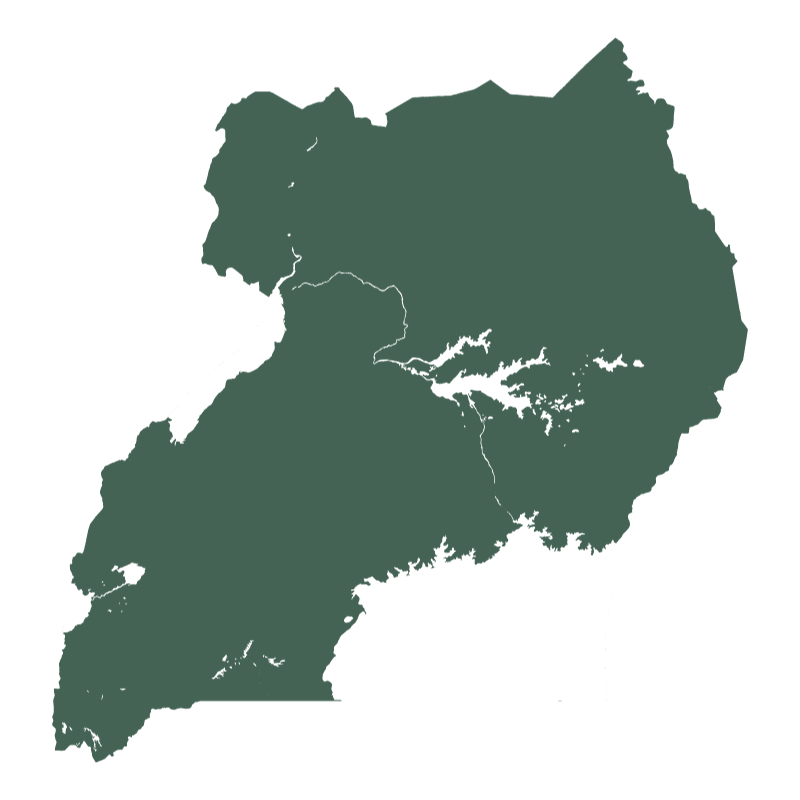
Land grabbing is not a topic that gets a lot of attention in the coffee industry, but it should. We think it is worth talking about who should own the land and thus have power in local areas.
What is land grabbing?
Land grabbing takes place when a foreign company buys or enters into long-term leases on agricultural land or natural areas from local farmers, or when areas are sold for the benefit of private foreign companies.
This happens on a large scale, as for example in the cases where farmers are removed by the government to clear the area for the benefit of foreign private companies. This was the case in Uganda in 2001, when 4000 Ugandans in Mubende were forced to leave the land they had farmed for decades.
On a smaller scale, this happens when a single farm and associated land is bought by a foreign company. As a result, these companies gain full control over the land and the farmer.
To Whose Benefit?
The Complicated Ownership
Short-term sale of the land may seem to be a security for the farmer, as they obtain a more stable income and lower risk.
However, it can also leave the farmer in an impossible situation if the foreign company decides that farming is not profitable and decides to pull out. In such situations, the farmer is often left with no other option but to leave the farm when they do not have the funds to buy the farm back.
Sometimes foreign companies decide to sell the land to other companies with other ideas about land use, or demands that the agricultural operations be handled by others. In such cases, farmers are left with no income and nowhere to go.
If a farm ends up being a success, companies have been seen pulling all the profits out of the land. This means that the money leaves the country, leaving farmers and their communities in unfortunate situations.
When farmers own the land, profits stay local.
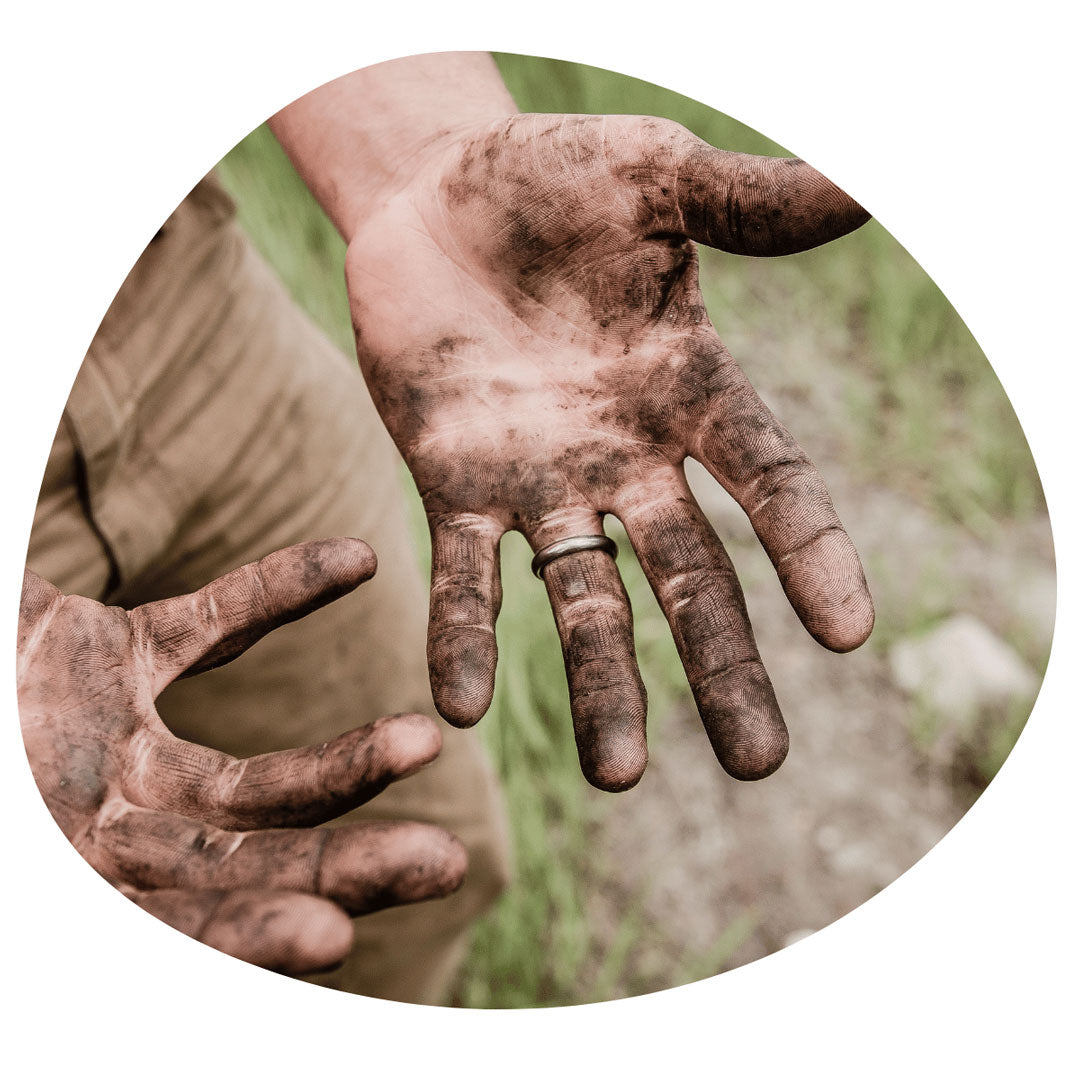
The Value Should Remain in the Local Community
Responsible Payment
When farmers own the land, the profits remain in the local community – this is a trend we have experienced ourselves. We have learned that when we pay the coffee farmers properly and thus deal them a better hand, their businesses thrive and flourish. The profit remains in the local community.
We have experienced that the farmers who live in the area, care deeply for and have a deep understanding of their environmental surroundings, and therefore invest in restoring their farms to make them more resilient in the future.
When a foreign company owns a farm, they make decisions about its direction. Often the focus is primarily on generating profit for the owners, rather than taking into account the surrounding environment and society.

Locals' Experience
Valuable Knowledge Lost
Foreign companies' land ownership agreements are complex and the outcome may not always match the expectations or standards that the companies have.
Local farmers have innate knowledge of the complexity of their land, seasons and thus the expected yield. The way they choose to work with the farm has developed over a long time and is important knowledge for an in-depth understanding of the land.
When the farm is bought, the farmers are left with a stable income, but also in a position where they can be easily replaced if it suits the company. The valuable knowledge they have may also not be recognised by the company, which instead favours high yield, efficiency and short-term profit.

Who Should Have the Deciding Vote?
Access to Water
Another negative consequence of land grabbing is water grabbing.
This involves ownership of land with a water source that is also used by others. It could be a stream running through a piece of land where the owners might decide to build a dam or increase water use to get more for themselves.
This leaves the surrounding areas and communities without access to an essential water source.
Water is a natural resource that is essential to economic development in many agricultural areas and industrial societies.
Global groundwater consumption has increased nearly sevenfold in the last century, contributing to an escalating competition for water resources
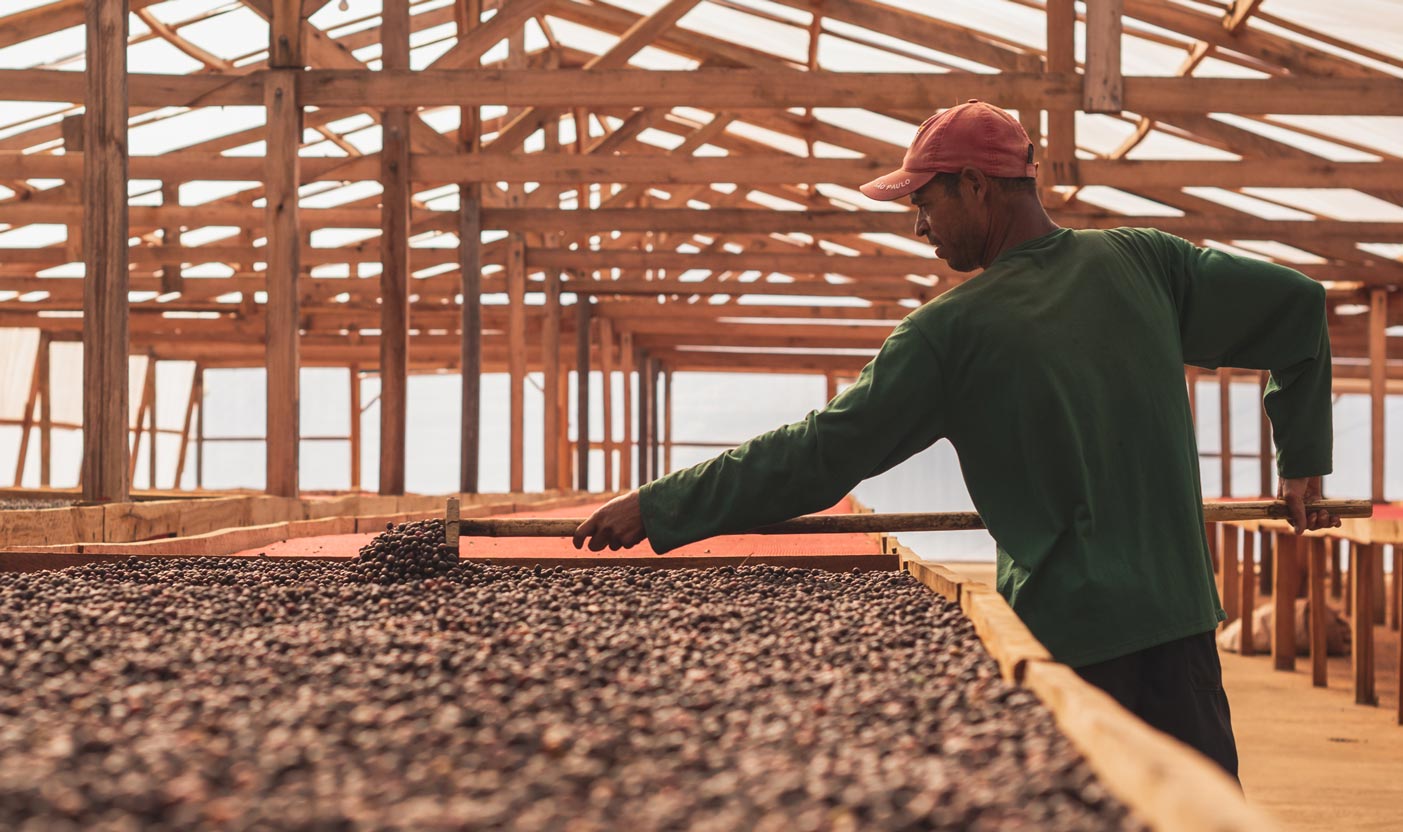
No Land Grabbing
Empower Farmers
We believe that we should develop business together with the coffee farms, not at the expense of them. This is precisely the reason why we say no to land grabbing.
We always work to support the farmers in the direction of a successful business, where they themselves are the owners and receive the profit, so that they can make their own decisions. With this approach, we find that the farmers have a very strong interest in investing in quality, the environment and the local community.
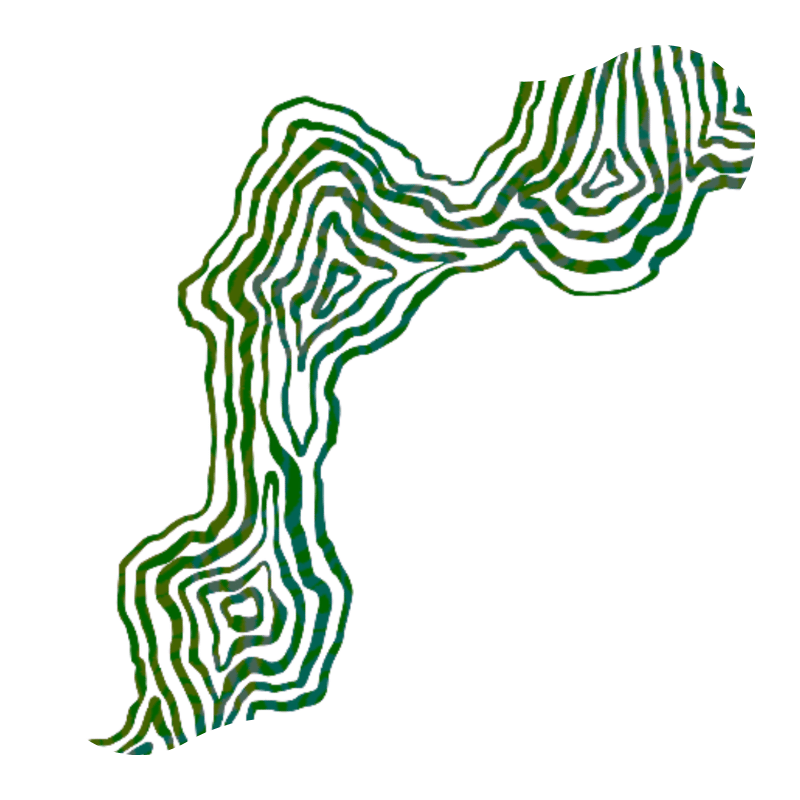
Greater Inequality
The Domino Effect
It is easy to understand why small coffee farmers may feel that selling the farm to a large foreign company is their best or perhaps only option. Especially when you look at the 40 years of systematic underpayment of coffee farmers where the profits rarely cover their production costs.
Nevertheless, this "solution" – selling their land to eager foreign companies – often leads to a domino effect that overshadows the security of a stable income.
The farmers are forced to do the hard work and see the profits go to the new owners. And in situations where the farm is not self-sustaining or productive enough, the owner can pull out and sell the farm, leaving the farmers with no other option than to watch their life's work disappear.
It is not only devastating for the farmers but also for the local community and the surrounding environment.
In addition, the coffee supply chain is already highly unequal, leaving farmers and workers with the least profit. It further contributes to the inequality between coffee farmer and distributor.
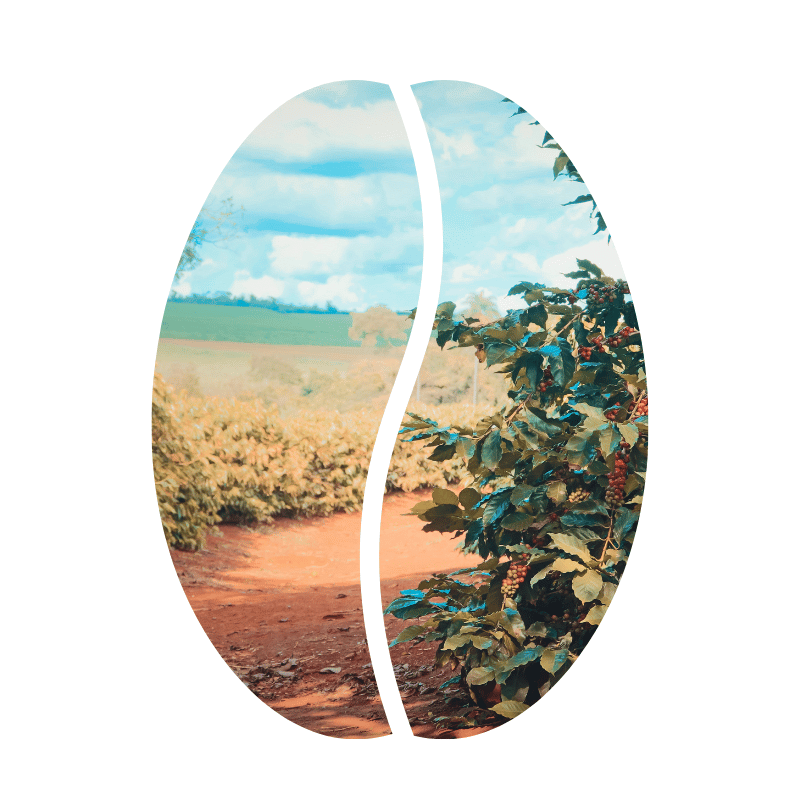
- According to a Land Matrix report covering 1,004 completed agricultural deals, since 2000 foreign investors have acquired 26.7 million hectares of land worldwide for agriculture. Africa accounts for 42% of the agreements and 10 million hectares of land. The land acquisitions are concentrated along important rivers such as the Niger and Senegal rivers as well as in East Africa.
- A study of the economic impact of land grabbing on the livelihoods of nearby communities estimates that the total loss of income to the local community is $34 billion worldwide. That number is nearly equal to the $35 billion the World Bank lent for development and aid in 2012. The study examined the 28 countries most targeted by large-scale land grabbing and used data from the Land Matrix database.
- During the decade spanning 2007-2017, GRAIN has documented at least 135 land acquisitions intended for food production that went awry. These represent a huge amount of 17.5 million hectares, almost the size of the country of Uruguay. These are not failed land grabs, as the land is largely never returned to the communities, but rather they are failed agricultural projects. Failed land grabs for agricultural production peaked in 2010, but have increased again since 2015.
Source: globalagriculture.org

